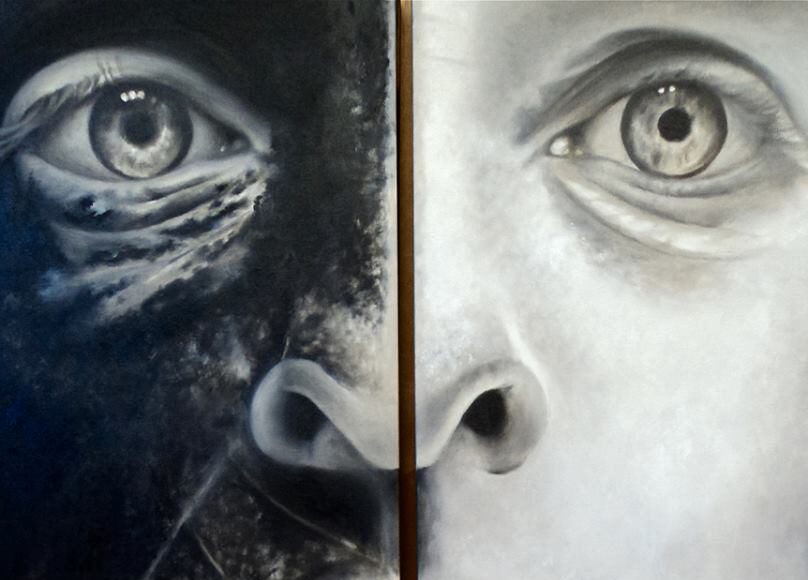What is Shreveport to you?
To most of us, it is home; for others it’s a stop along the way, and in both cases that can be an unfortunate situation or a happy surprise.
But what is Shreveport to the outside world? How are we perceived by the people around us? All the “Great Cities of the South” have an identity that can be summed up in the confines of a postcard; Memphis, TN: the birthplace of rock ‘n roll and BBQ. Austin, Texas: Live Music Capitol of the World. New Orleans, LA: Jazz, blues, food, Mardi Gras, and the list goes on.
Shreveport, LA? Home of… Some Casinos? Birthplace of… Terry Bradshaw? Shreveport, Louisiana: Elvis Played Here Once!
I’ve never heard it described to me accurately, none better than, “Shreveport: It’s Not That Bad.” (24/7 Wall St. recently dubbed us the 8th most miserable city in America, maybe we should go with that?)
Shreveport is a lot of things. There are many sides to this city and a fairly large number of clearly defined groups of people. In reality, we have strong traits of East Texas, with highlights of South Louisiana and a splash of something else. But, to East Texans and other surrounding areas, we are probably best known for our casinos and bars that stay open way too late.
Shreveport-raised artist Jared Leo says it’s kind of tough to pinpoint. “The longer I live here, I notice there is different groups of people that have so many various opinions of [Shreveport]. But as a port… it’s pretty much a melting pot.”
In order for this city to become one of the Great Cities of the South, or maybe in the course of doing so, Shreveport has to develop its own true identity, one that is understandable and accurate. Frankly, one that is marketable. That identity can’t piggyback on New Orleans or Austin or Dallas; it has to convey something that is unique.
There are a lot of great things about this area. In a lot of ways it is the crossroads of the South, with many great cities just hours away and all roads leading here. The land provides the sportsman with game and fish, the food is soulful and eclectic, and the music and art, while underdeveloped, is strong and unique. Cultural traditions and southern hospitality are, in many ways, alive and well.
It is also a city divided along racial boundaries, troubled with crime, and a shrinking economy, and always plagued with the idea that there is not much to do here. Young artists and innovators are drawn away at first chance by the allure of open minds and fresh faces, and most without a fortune to inherit don’t take much joy in the idea of settling down in Shreveport. The city continues its outward sprawl, building new and cheaper places to house the next round of imported endeavors, while older areas are just left to decay, not worth the effort of refurbishing. Regardless of history, a building will usually be torn down or left to rot in favor of a cheaper, easier way to manage it. As the city decentralizes and fractures off into many different entities, so does the identity of the city as a whole.
Jennifer Hill moved to Shreveport from Pennsylvania in 2012. “Once we realized it was in the opposite corner of Louisiana from New Orleans, we weren’t enthused about moving here. I only could think of Shreveport in terms of what little I knew about Louisiana, which I knew were shallow stereotypes, but I had trouble dismissing them from my mind.”
She offered her fresh perspective on the identity of Shreveport. “Outside the Highland area, it seems people are pretty detached from the idea of Shreveport as a certain city. They live in their enclaves and commute to and from work and raise their families and they don’t seem to really be interested in what Shreveport is as a city to them — that maybe they should be involved in making a special place.”
It’s important to understand that a meaningful idea of how our city is perceived cannot come from a synthetic or fabricated idea of what this city is. That is to say, no slogan created by any marketing team can forge a city into what it is, or what it is going to be. The true identity of our city must develop organically. We have to find our identity and show that identity to others in a unified way.
You’re expecting me to give you the answer now, right? You’re expecting me to resolve all those question marks at the top of the story. Well I obviously can’t do that. I can only offer a short version of the way I see Shreveport, from the eyes of someone who is explicitly an insider and a member of this community.
I see Shreveport as a city ignoring its potential. On its face, it is just another city along the I-20 corridor, with a few splashy attractions, fancy places to spend your money, and a quaint way of life. We’re a knock off New Orleans and Dallas’ annoying little brother.
But at its core, some part of Shreveport is itching to make the leap towards something greater, something bigger, and something more vibrant. We pride ourselves on local cuisine, produce passionate music and art, and are surrounded by some of the best people on the planet.
What will the future hold for our little town? What kind of person will we collectively grow into and how will that make us look to the world around us? I can only leave you with more questions and the hope that we figure it out before the world passes us by.

